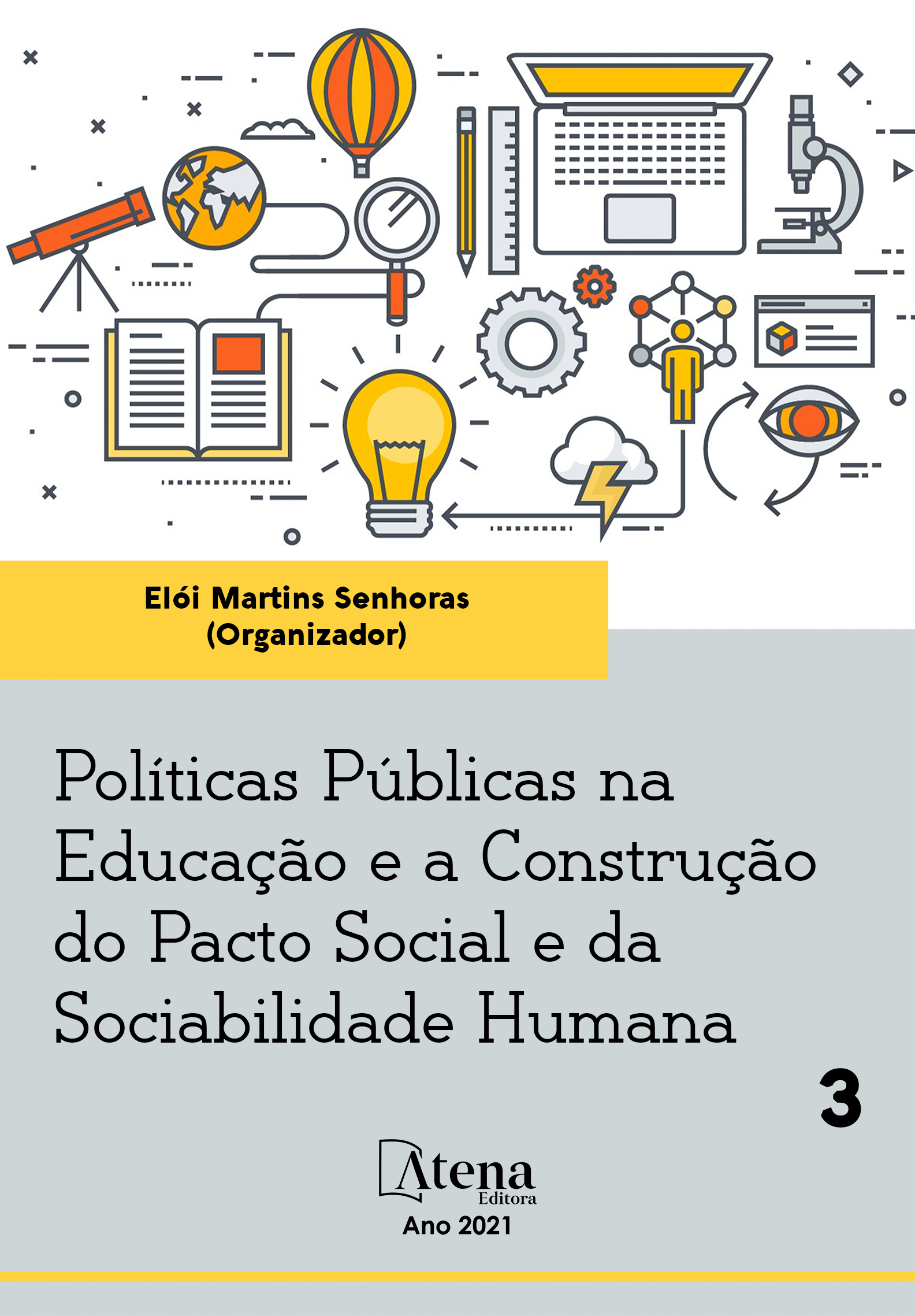
O PROCESSO DE INCLUSÃO NO ENSINO REGULAR E SUAS IMPLICAÇÕES NA FORMAÇÃO DOCENTE
A inclusão dos alunos com deficiências, transtornos globais de desenvolvimento e altas habilidades nas escolas do ensino regular, requer não somente a reorganização do sistema educacional, mas, também, a formação adequada dos futuros docentes. Visando atender esses fins o subprojeto do Programa Institucional de Bolsa de Iniciação à Docência (PIBID) do curso de Pedagogia da Universidade Estadual do Paraná – Campus Apucarana, foi desenvolvido com intuito de aliar a teoria e a prática docente ao processo de inclusão na Educação Básica, nos anos iniciais do ensino fundamental. A metodologia utilizada foi a pesquisa em campo realizada em três escolas da rede municipal de ensino de Apucarana. O subprojeto foi desenvolvido em três etapas: 1) Identificação e estudos de casos de alunos público-alvo da educação especial, matriculados no ensino regular; 2) Planejamento e estratégias pedagógicas de inclusão, e 3) Intervenção e avaliação das estratégias pedagógicas aplicadas. O presente trabalho apresenta a intervenção realizada no 4°ano (2019) da Escola Municipal Papa João XXIII, visando a inclusão dos alunos atendidos pelo projeto. O planejamento da intervenção baseou-se no Desenho Universal para Aprendizagem (DUA). Constatamos que a experiência pedagógica proporcionada é de suma importância para a formação docente, visto que além aliar teoria e prática, mostra-se como uma experiência riquíssima em conteúdo para a vida profissional dos futuros professores, uma vez que se torna possível entrar em contato com novos ambientes, como também, com o processo de inclusão na prática, entre outros inúmeros aprendizados que agregam para a formação de profissionais da educação críticos e responsáveis.
O PROCESSO DE INCLUSÃO NO ENSINO REGULAR E SUAS IMPLICAÇÕES NA FORMAÇÃO DOCENTE
-
DOI: 10.22533/at.ed.25321140113
-
Palavras-chave: Inclusão. Cooperação. Desenho Universal de Aprendizagem. Formação Docente.
-
Keywords: Inclusion. Cooperation. Universal Learning Design. Teacher Education
-
Abstract:
The inclusion of students with disabilities, global developmental disorders and high skills in mainstream schools requires not only the reorganization of the educational system, but also the appropriate training of future teachers. In order to meet these goals, the Pedagogy subproject (UNESPAR- Apucarana) was developed with the purpose of combining teaching theory and practice with the process of inclusion in Basic Education in the Initial Years of Elementary School. The methodology used was the field research carried out in three schools of the municipal educational network of Apucarana, and was developed in three stages: 1) Identification and case studies of public target students of special education, enrolled in regular education; 2) Planning and pedagogical strategies for inclusion, and 3) Intervention and evaluation of pedagogical strategies applied. The present work approaches the intervention carried out in the 4th year (2019) of the Pope John XXIII Municipal School, which was developed in two stages, one more theoretical and the other practice that would reach the classroom in general, but focused on the inclusion of the students attended by the project. In order to identify which tasks the students would develop better, it was based on the Universal Design for Learning (DUA). In this way, as a methodological strategy we elaborated questions to be answered individually, as well as, we carried out the application of an Inclusive Treasure Hunt activity, containing pedagogical games involving Portuguese Language and Mathematics. Through the subproject developed, we verified that the pedagogical experience provided is of paramount importance for the formation of teachers, since in addition to combining theory and practice, it shows itself as a very rich experience in content for the professional life of future teachers, since it becomes possible to come into contact with new environments, as well as with the process of inclusion in practice, among other countless learnings that add up for the formation of critical and responsible education professionals.
-
Número de páginas: 12
- Karina Estefânia Luizeto Alves
- Eromi Izabel Hummel
- Vitória Eduarda Rocha Simões


